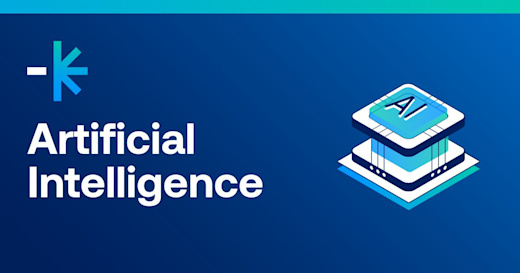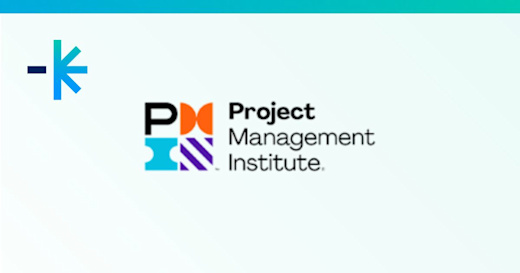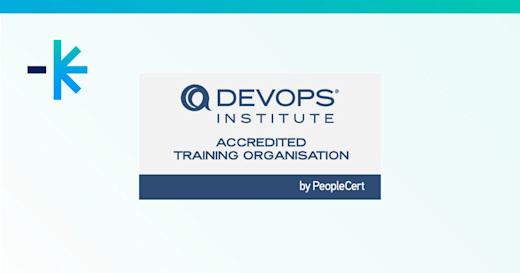DevOps: a form agile software development; comprised of innovative practices to streamline and enhance the process of building, testing, and releasing software. A term created from the combination of the words “development” and “operations”, DevOps aims to improve collaboration between IT development and operation teams – two groups that have traditionally functioned in siloes.
In 2019, the DevOps Institute (an organisation focused on spotlighting the “human elements of DevOps success”) released a report on the significance of human transformation in this sector, and ways of effectively addressing the skills gap. An updated, 2020 version has recently been distributed, with findings more telling and insightful than the previous year’s; proving that upskilling and a focus on core human skills must remain a priority in achieving successful DevOps practices.
Below, we explore the key findings of this report, and the importance of human transformation in adopting DevOps.
The challenges of DevOps transformation
The journey to achieving a successful DevOps culture is still a difficult one, with managers and business owners still struggling to find and retain the appropriate talent.
According to the 2020 DevOps Institute report, 58% of respondents considered finding skilled DevOps professionals a major challenge, with 48% finding it hard to retain such individuals.
Sourcing those with the right DevOps skills suited for their specific business is also difficult among hiring managers. Since different organisations have different IT needs, a DevOps professional from one company may require different skills and experience for another; often making the hiring process a fastidious and challenging task.
Due to a large skills gap with little available expertise on the job market, the potential salaries for experienced DevOps engineers in Australia can often reach beyond $179,250 – according to Robert Half Technology’s 2020 Salary Guide.
Along with finding and retaining the right people, the technologies and processes associated with DevOps is also typically difficult to manage – which is where the need for upskilling or retraining kicks in. The DevOps Institute notes that current IT professionals are fortunately “eager to update their skills” and encourages new entrants to the industry to build their skills in the practice. Not only does this expand their opportunities in DevOps field, but allows them to craft a more competitive skillset for the overall IT job market.
Addressing the skills gap
When discussing the need for DevOps talent, people typically misconceive a single, exclusive stack of skills or competencies that guarantee DevOps success and greater business efficiency.
In actuality, businesses looking to hire DevOps professionals must consider a candidate’s skills across (at least) four categories: process, function, automation, and core or human skills. These are among the top must-have skill categories for DevOps in 2020, according to the DevOps Institute report.
Unfortunately, research has found that businesses are falling behind on the need to upskill, with over 38% of respondents’ organisations holding no upskilling programs, only 21% currently working on one, and 7% unsure if their company even has such a program. Only 31% reported to having a formal upskilling program implemented in their organisation.
The CEO of the DevOps Institute, Jayne Groll, emphasises the increasing need for businesses to develop more innovative, effective ways of training their workers in DevOps practices.
DevOps Institute chief research analyst, Eveline Oerhrlich, also takes note of this – underlining how such training must go beyond “technical and functional skills”. Business owners and managers must also aim to foster and enhance must-have human skills – these including (but are not limited to) collaboration, empathy, creativity, and interpersonal skills.
As stated by Groll, “we must update our humans through new skill sets as often, and with the same focus, as our technology.”
Introducing the “E-shaped” DevOps worker
In the DevOps Institute 2019, report, their findings focused on the need for “T-shaped” humans in DevOps; workers who have extensive expertise in a specialised are of IT (i.e. the cloud), yet with the ability to expand to other disciplines.
These individuals supplement their specialised knowledge (the stem of the T) with general expertise (the top of the T), providing greater speed, agility, and quality software development in a business.
In 2020, however, their report has now shifted focus to “E-shaped” humans in DevOps. This is comprised of the “4-Es”: experience, expertise, exploration, and execution (the last two especially necessary for the current and future economy).
Additionally, an E-shaped DevOps professional ideally possesses both “horizontal” and “vertical” skills – with “horizontal” skills including automation, functional, knowledge, and technical skills; while “vertical” skills involving flow, human skills (i.e. collaboration and communication), and the understanding of various best practices and methodologies in IT (i.e. Value Stream Mapping, Agile, and Scrum).
Fostering “E-shaped” workers allows for a successful DevOps culture; as these individuals hold both the technical/functional and “human” skills to seamlessly carry out both developmental and operational IT practices.
No better time than now to upskill
With the growing (and evolving) need for DevOps talent, there’s never been a better time to upgrade your IT skills. As mentioned, experts are constantly emphasizing the need for DevOps training and upskilling to be a high priority for every modern business.
Despite the global impact of COVID-19, the need for DevOps professionals has not slowed in the slightest. In fact, Christian Mendiola – a recruitment consultant for Huxley – described how it “is one of the few markets [that] has been less impacted by the decrease in hiring due to the pandemic.”
If anything, our current situation may even further highlight the need for DevOps skills, with organisations now challenged to correspond and communicate via virtual means.
The demand is high and is rising fast, with “hybrid” individuals – those skilled in both technical and human areas – leading the job market.
According to Jim Mercer, DevOps research director for IDC, those looking to stand out as a “DevOps pro” must focus on cultivating the following strengths: experiencing in working and driving DevOps adoption; excellent collaborative and people skills; demonstrable leadership skills across disciplines; and general analysis, creativity, and problem-solving skills.
Build your DevOps expertise today!
Lumify Work – Australia’s largest training provider of corporate IT and process training – currently offers all IT professionals with a DevOps Foundation course; a program that trains you in the fundamental, necessary skills for successful DevOps adoption.
The two-day course includes the latest principles and practices of this innovative movement, aiming to equip its students with a robust understanding of DevOps objectives, its business benefits, automation practices, critical success factors (and KPIs), and more. The course material includes an exam voucher, allowing you to sit an online proctored exam through PeopleCert.
Upgrade your skillset for the ever-evolving, innovative IT landscape, and enquire with us on a course today.









